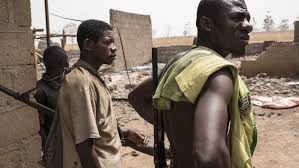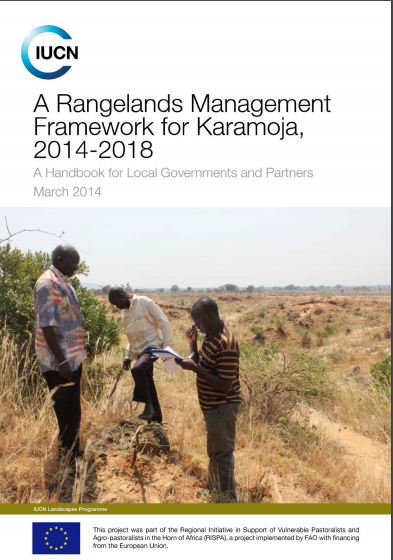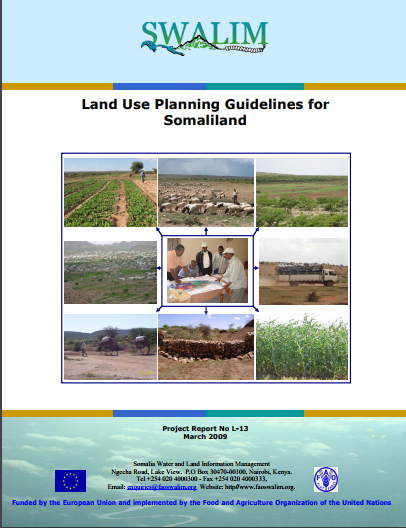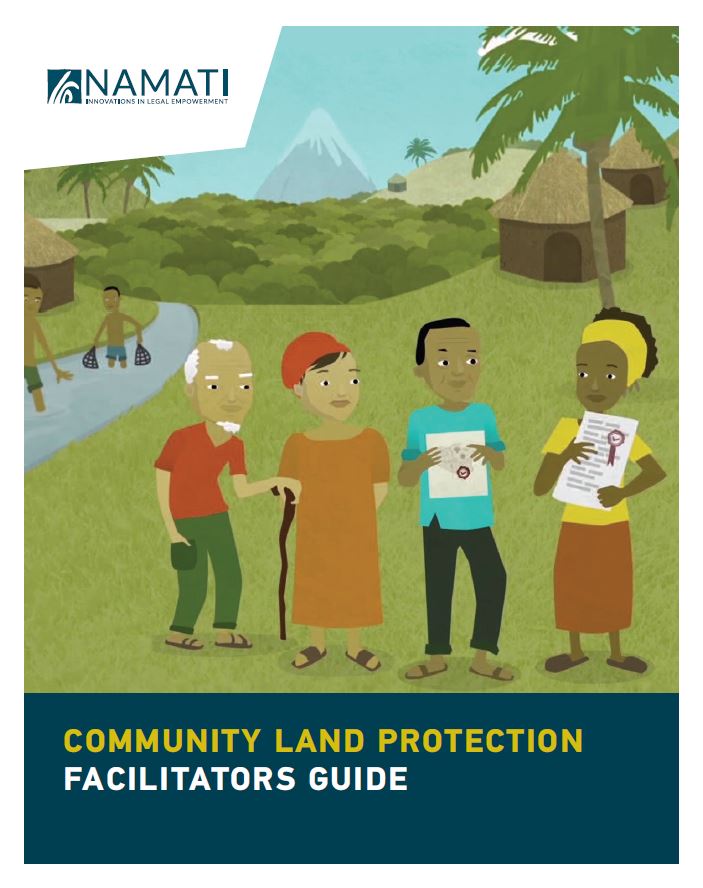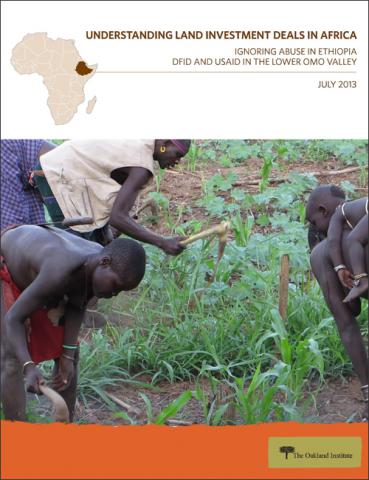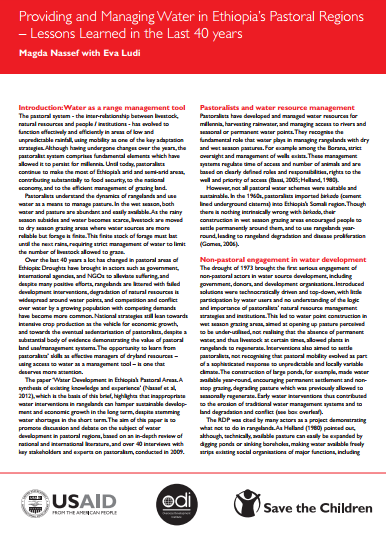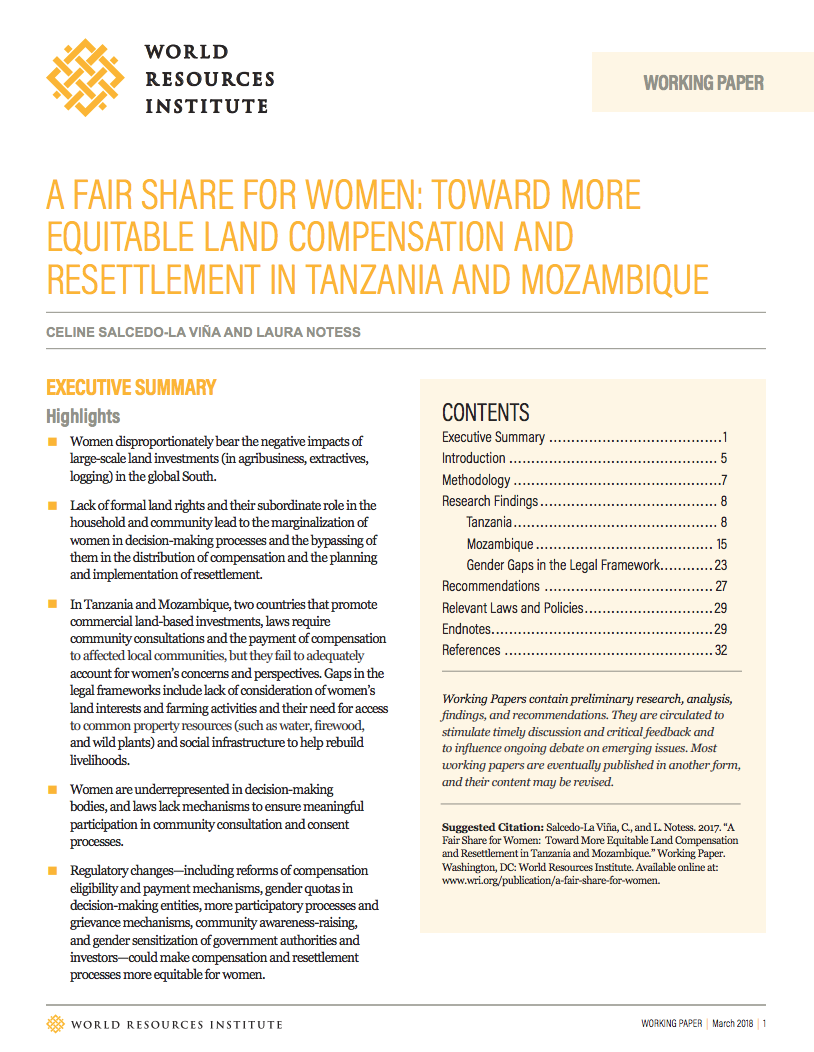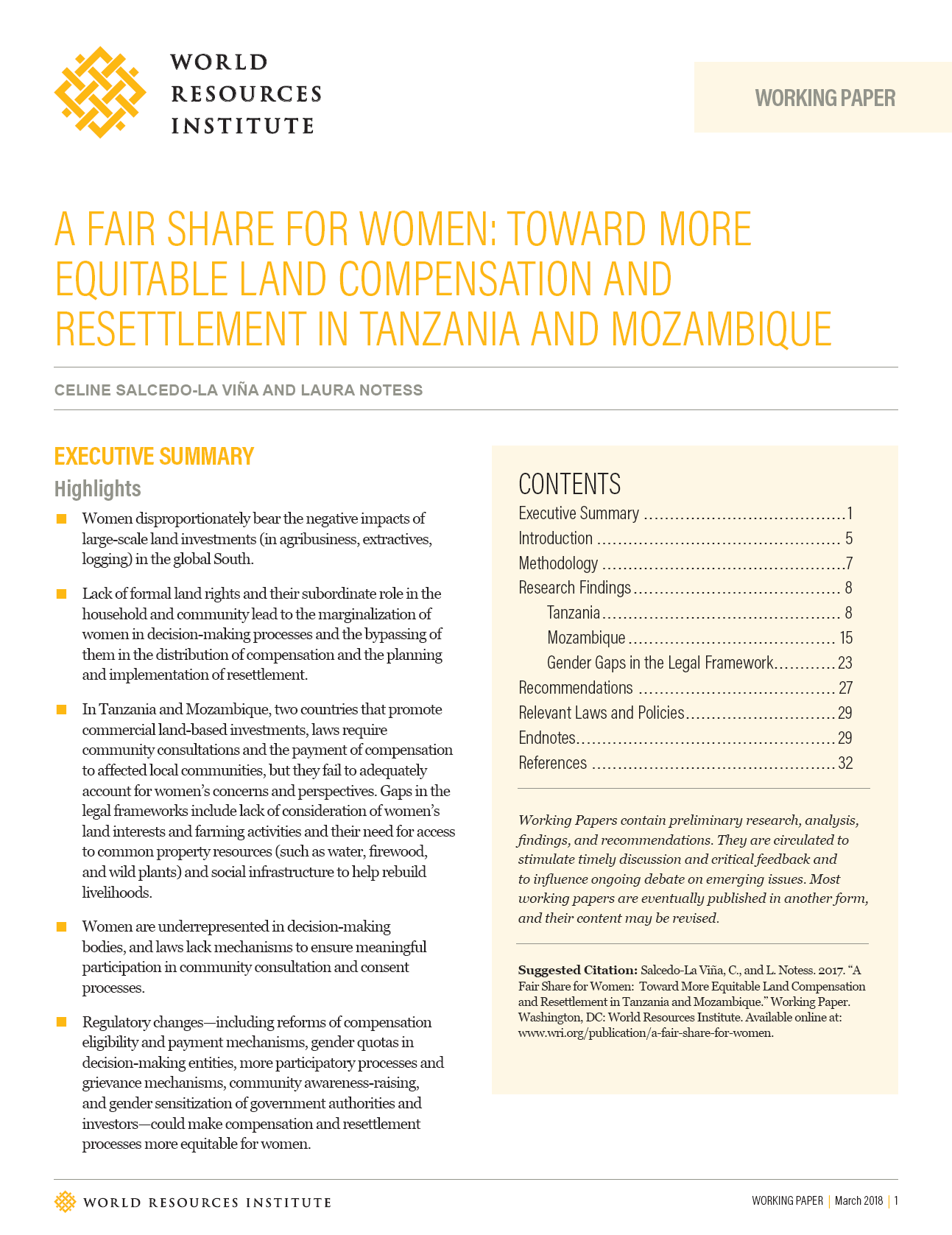Herders against Farmers: Nigeria’s Expanding Deadly Conflict
Violent conflicts between nomadic herders from northern Nigeria and sedentary agrarian communities in the central and southern zones have escalated in recent years and are spreading southward, threatening the country’s security and stability. With an estimated death toll of approximately 2,500 people in 2016, these clashes are becoming as potentially dangerous as the Boko Haram insurgency in the north east. Yet to date, response to the crisis at both the federal and state levels has been poor.

